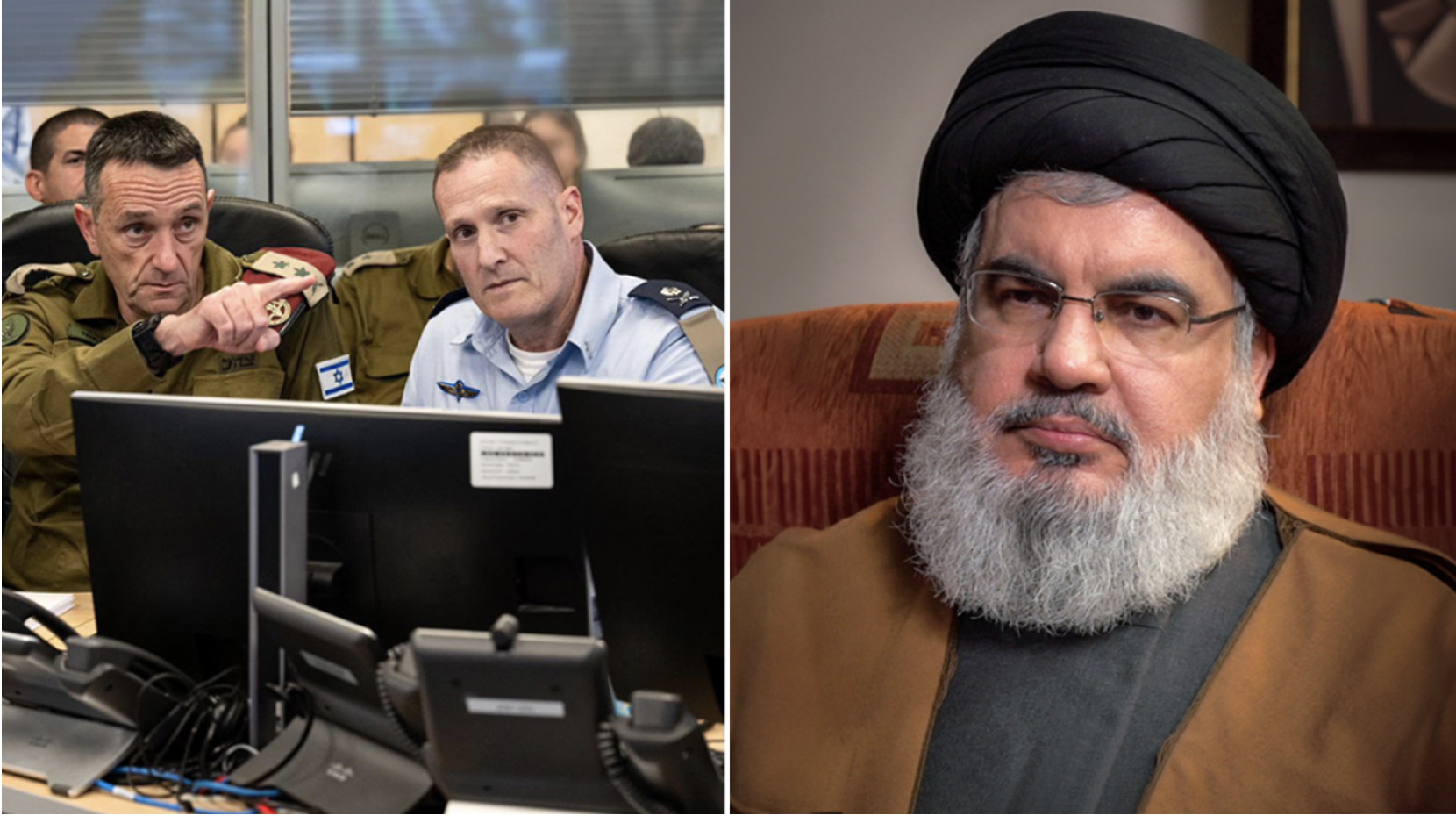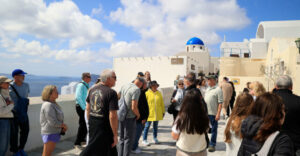The Israeli army announced on Saturday morning that Hezbollah leader Hassan Nasrallah was killed during airstrikes in Beirut the previous day.
In a brief initial post on Twitter, the IDF stated, “Hassan Nasrallah will no longer be able to terrorize the world.”
Hassan Nasrallah will no longer be able to terrorize the world.
— Israel Defense Forces (@IDF) September 28, 2024
The Israeli Ministry of Foreign Affairs confirmed the development with a telling photograph.
In a further update, the Israeli army also reported that the attack on Hezbollah’s underground headquarters killed Ali Qarsi, the commander of Hezbollah’s southern front, along with other commanders of the Lebanese organization.
The Israeli @IDF confirms that Hassan Nasrallah, the leader of the Hezbollah terrorist organization and one of its founders, was eliminated yesterday, together with Ali Karki, the Commander of Hezbollah’s Southern Front, and additional Hezbollah commanders.
— Israel Foreign Ministry (@IsraelMFA) September 28, 2024
Nasrallah will no… pic.twitter.com/1ovmoTh183
The IDF’s announcement regarding Nasrallah’s “elimination” stated: “Air Force fighter jets, under precise guidance from the intelligence wing, attacked Hezbollah’s main headquarters, located underground beneath a residential building in Beirut’s Dahiya district. The attack occurred while Hezbollah’s top officials were at the headquarters coordinating terrorist activities against Israeli citizens. The strike killed Hassan Nasrallah, leader of the Hezbollah terrorist organization, Ali Qarsi, southern front commander, and other Hezbollah commanders. Nasrallah was the primary decision-maker and sole approver of strategic and, at times, tactical decisions within the organization. During his 32-year tenure as Hezbollah leader, Nasrallah was responsible for the killing of many Israeli civilians and soldiers and for orchestrating thousands of terrorist actions against the State of Israel. Hezbollah and Nasrallah joined the war against Israel on October 8th, continuing their attacks on Israeli civilians, dragging Lebanon and the entire region into escalation. The IDF will continue to strike anyone who promotes or engages in terrorism against our citizens.”
At the same time, Israeli Army Chief of Staff Herzi Halevi clarified that Nasrallah’s death does not mark the end of the ongoing operation. “The message is simple: to anyone who threatens the citizens of Israel—we know how to reach them.”
These announcements confirmed earlier reports from Friday night in Israel suggesting that Hezbollah’s secretary-general and leader, Hassan Nasrallah, was killed in the attack on the organization’s headquarters in Beirut’s Dahiya district.
Meanwhile, a Hezbollah source told AFP that “contact with Nasrallah has been lost since Friday night,” though they did not officially confirm his death.
The IDF also released a video from their headquarters during the Beirut raid that killed Nasrallah, with Defense Minister Yoav Gallant present.
According to Halevi, “this is not the end of our operation,” adding that the attack that killed Nasrallah had been planned for a long time and was executed “at the right time with precision.” He also noted that the IDF is “moving to prepare for the next strikes” and that “readiness is at record levels across all sectors.”
Israeli Army Mobilizes Three Reserve Battalions to Strengthen Central Command
The Israeli army announced today that it is mobilizing three reserve battalions to bolster the defense of its Central Command, which includes operational areas like the occupied West Bank.
This decision comes ahead of the Jewish holiday season, a time when tensions in Jerusalem and the West Bank often escalate. The conflict with Palestinian militants has flared up during Israel’s ongoing war against the Islamist Palestinian Hamas movement in Gaza.
“Based on the assessment of the situation, the IDF is calling up three reserve battalions for operational activities and to strengthen defense in Central Command,” the army said in a statement, without providing further details.
Ask me anything
Explore related questions





